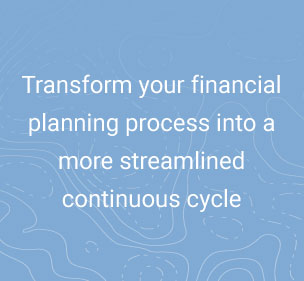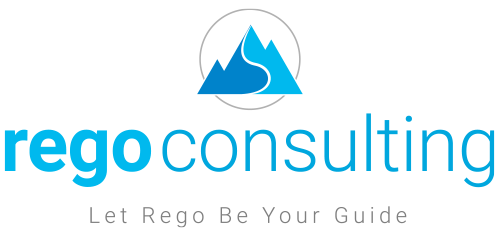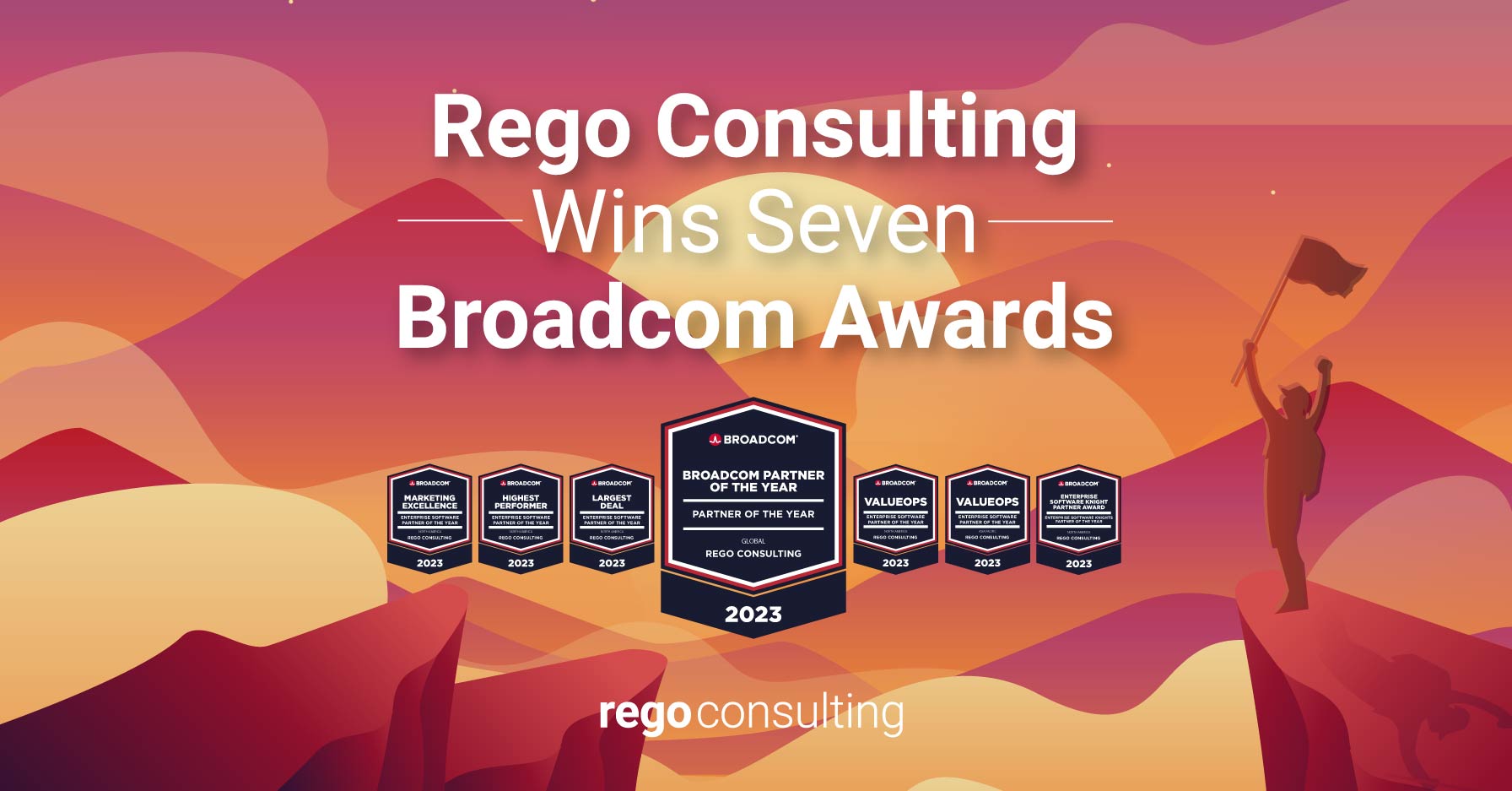
 Over the past few years, many organizations have been adopting Lean Portfolio Management, the methodology that applies Lean and Systems thinking approaches to strategy and investment funding, Agile portfolio operations, and governance. You may have wondered if this practice could help your organization, especially during the challenges of the annual planning process.
Over the past few years, many organizations have been adopting Lean Portfolio Management, the methodology that applies Lean and Systems thinking approaches to strategy and investment funding, Agile portfolio operations, and governance. You may have wondered if this practice could help your organization, especially during the challenges of the annual planning process.
One of the biggest differences between Lean Portfolio Management and traditional PPM is the way finances are analyzed, tracked, and governed. Lean Portfolio Management can transform your financial planning process from a less effective annual budgeting season into a more streamlined continuous cycle. Here are five improvements that can be realized by incorporating Lean-Agile thinking into your organization’s financial planning:
1 – More Accurate Forecasting
Compare the beginning of the 2020 with the end. The whole world changed in a matter of months – and every industry along with it. Lean Portfolio Management foregoes the annual budgeting process for a much more flexible, real-time approach that factors in changing market conditions and evolving customer requirements to deliver value. This also helps organizations pivot quickly.
2 – Higher Value Placed on MVPs
Typically, annual planning and budgeting relies on creating very detail-intense business cases with speculative ROI which may or may not be relevant in just a matter of months. Lean Portfolio Management, first and foremost, identifies the money we are losing now by focusing on the Cost of Delay. Also, instead of completion of large projects that have mixed economic value, it focuses on identifying the bare minimum organizations can put out to get value. This Minimum Viable Product (MVP) lets us get value out into the market faster and get feedback from our customers much sooner.

3 – Product Versus Project
Conventionally, funds and resources are allocated on a project basis, which means budgets are locked in and people get shuffled around to different teams based on individual skillsets. This slows down delivery of value as teams are constantly being formed and broken up. Instead, a product focus includes the people, processes, and steps needed to create customer value and looks well beyond the finite scope of a given project. Teams are usually kept intact, iteration cycles are shorter, customer value is created faster, and organizations are able to generate a higher ROI.
4 – Decentralized Decision Making
Traditionally, the power to make funding decisions has resided with a few executives or the project management office. These few individuals would have teams gather requirements and make plans for projects that may not even start for months – and could even prove irrelevant in the interim! Lean Portfolio Management relies on participatory budgeting with input from fiduciaries, stakeholders, and business owners and funding primarily follows value as it is created, developed, and analyzed. Guardrails are then put in place to define spending policies, guidelines, and practices.
5 – Focus on Customer Pull
When budgeting and planning are done on a strictly annual basis, there’s little room to react to changing customer demand. As a result, unnecessary overhead, surplus inventory, and budgeting losses are common problems. A core Lean principle is creating and responding to customer pull which is greatly enhanced when planning and budgeting have the flexibility and agility to mirror changes in the market and constrain focus on the goods and services with the highest customer value.

Let Rego Be Your Guide
Are you beginning to think about the possibilities of Lean Portfolio Management? Schedule a no pressure conversation with one of our expert guides or check out some of our other free trainings, webinars, and white papers.
We have also written a white paper on Lean Portfolio Management that you may find useful. To download it, click below.










